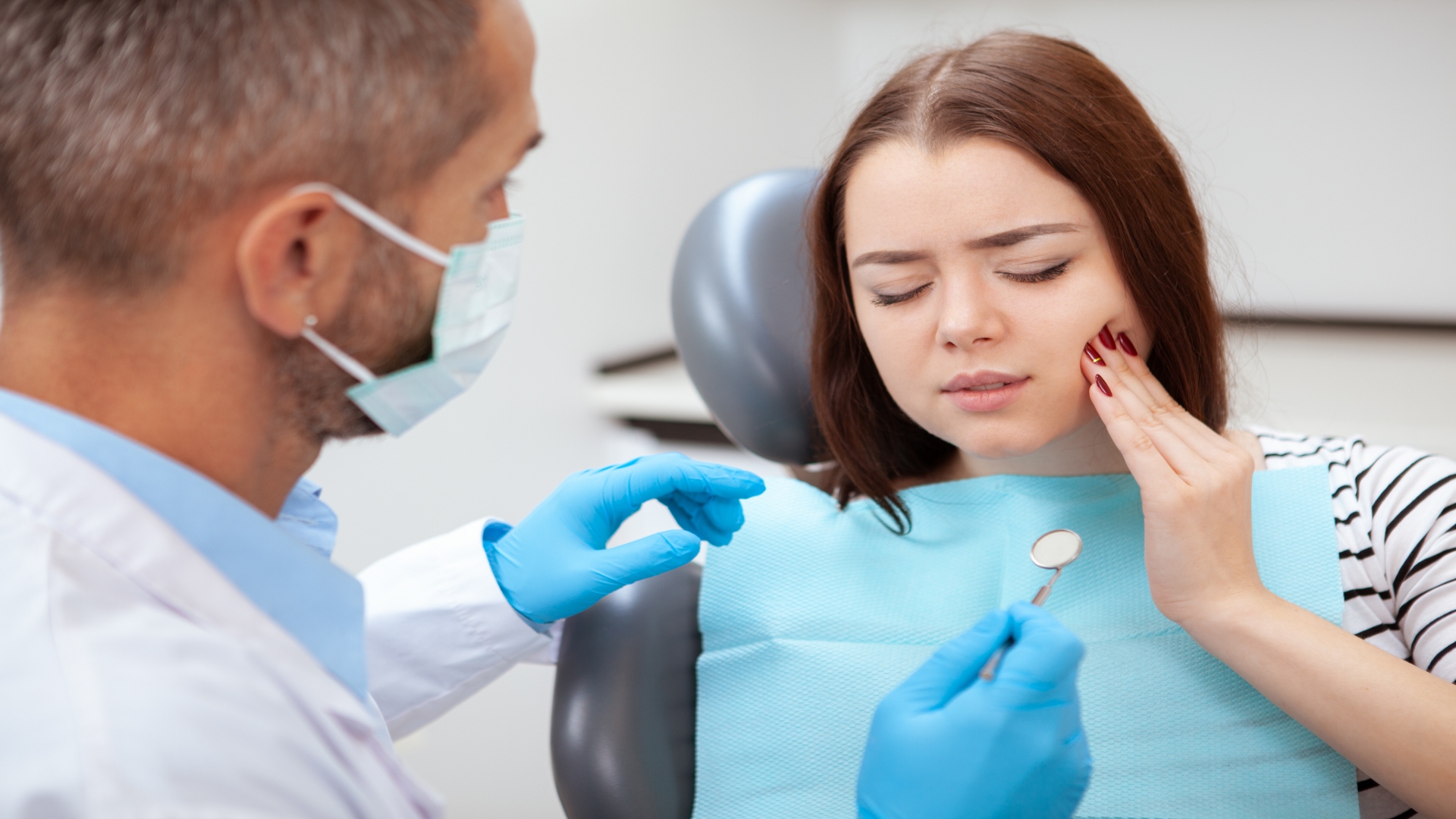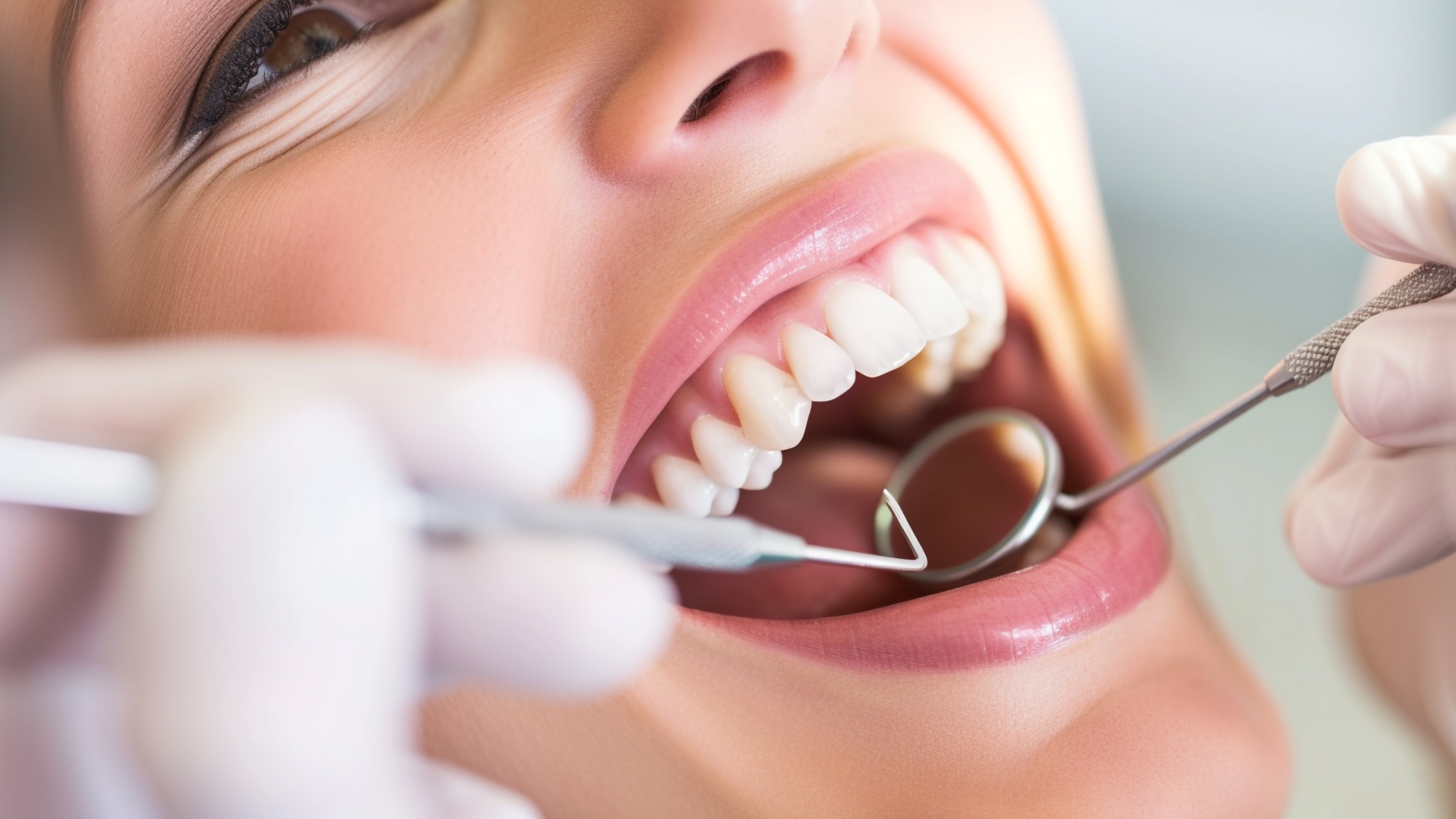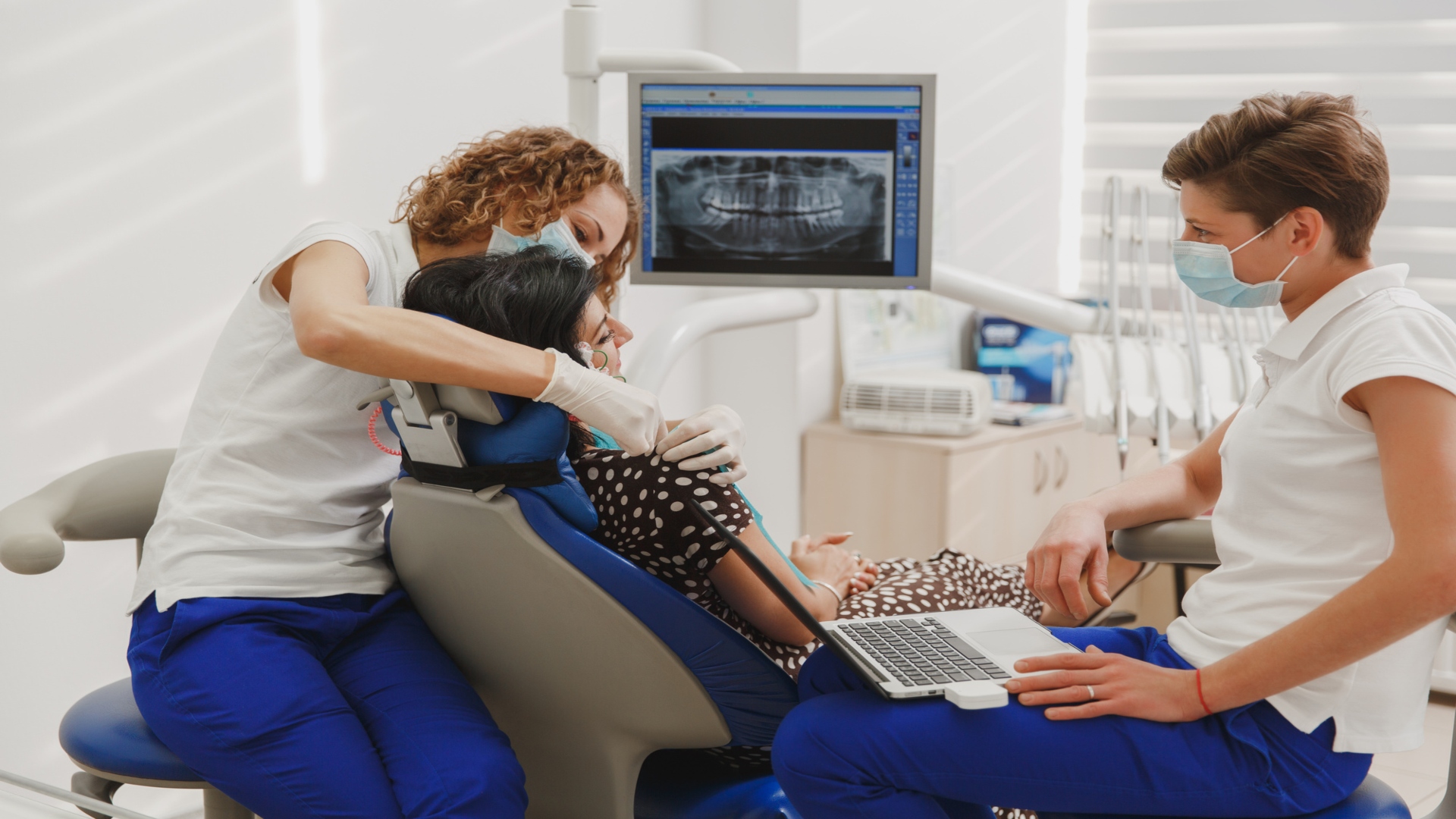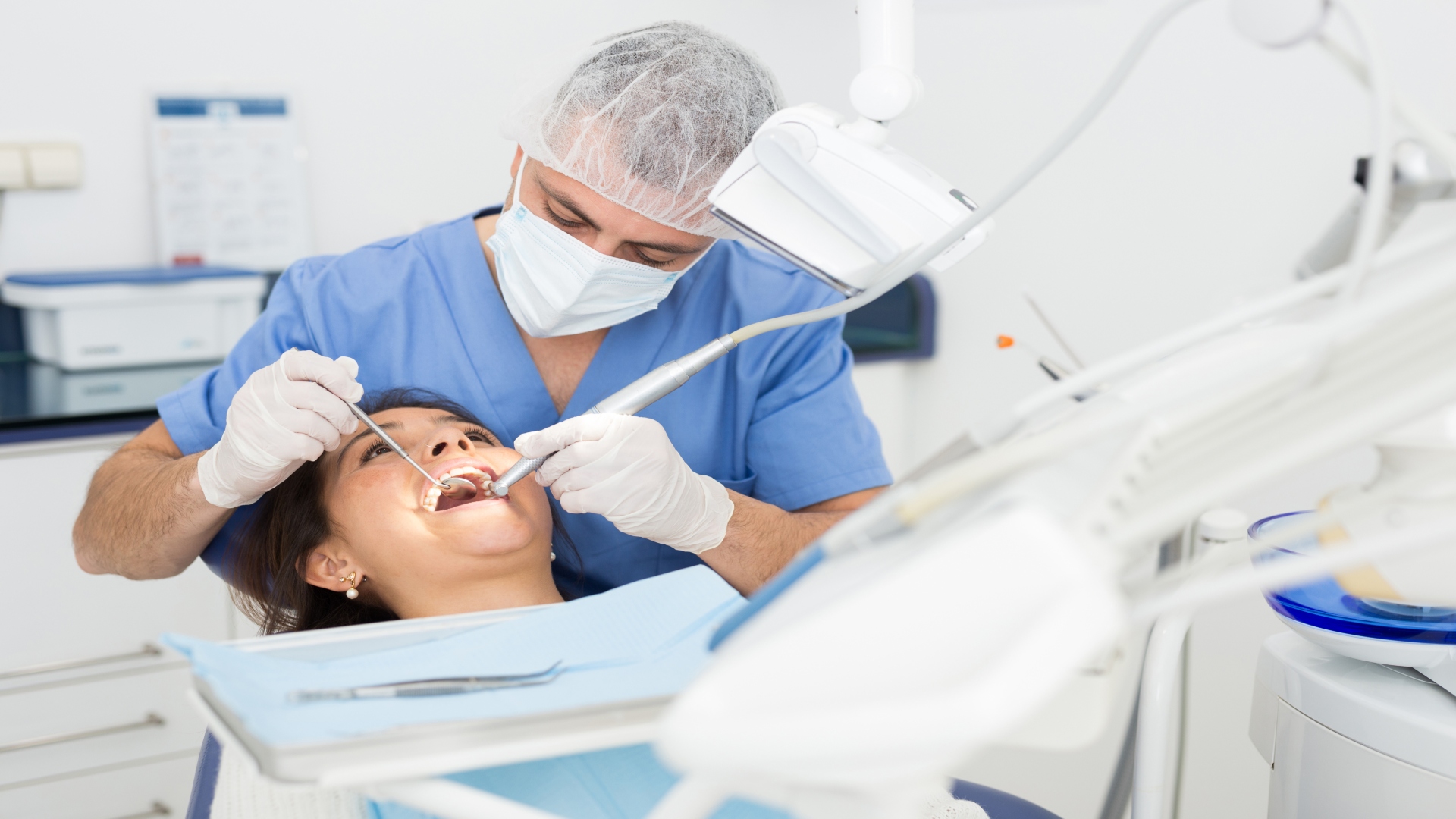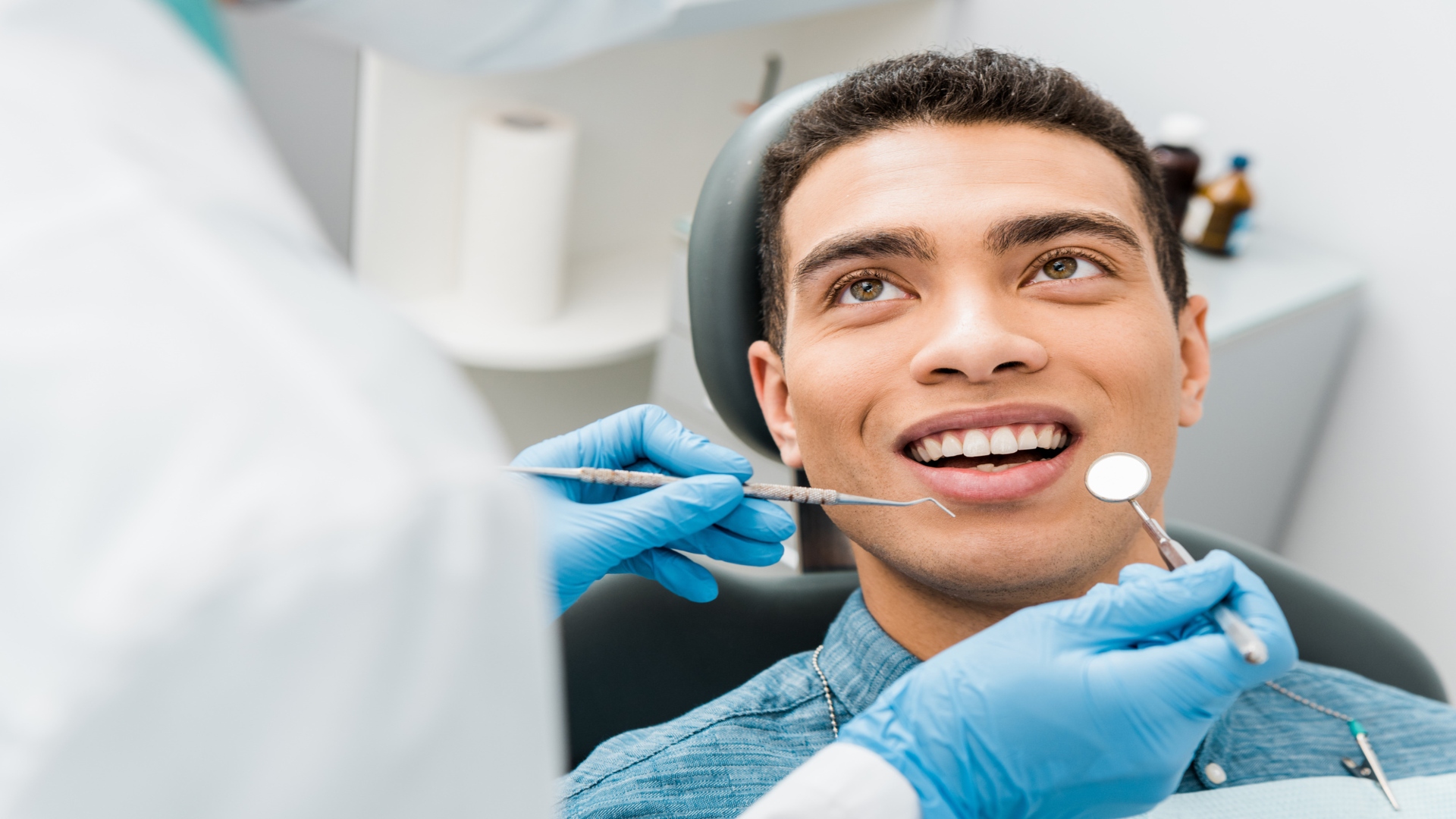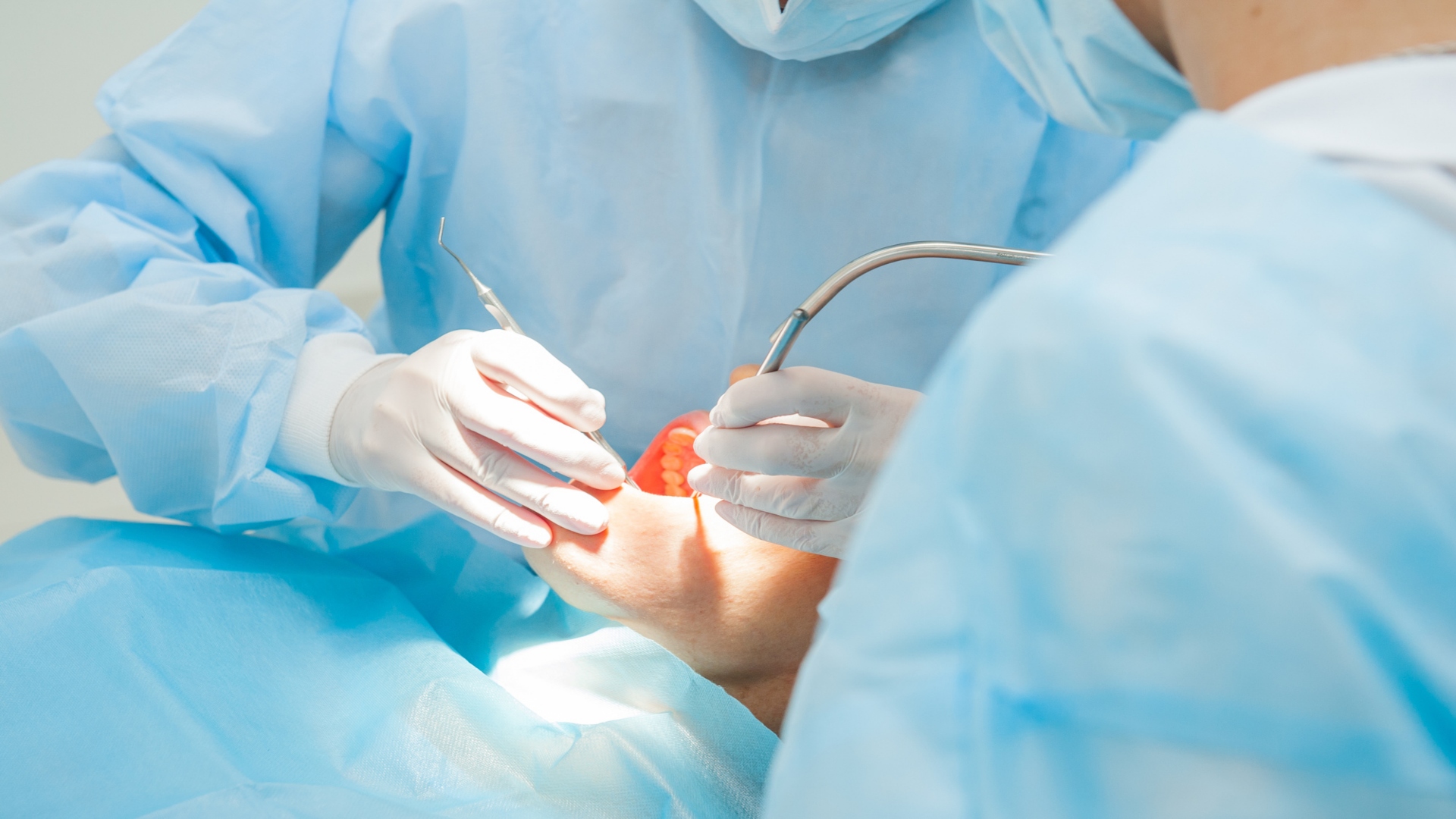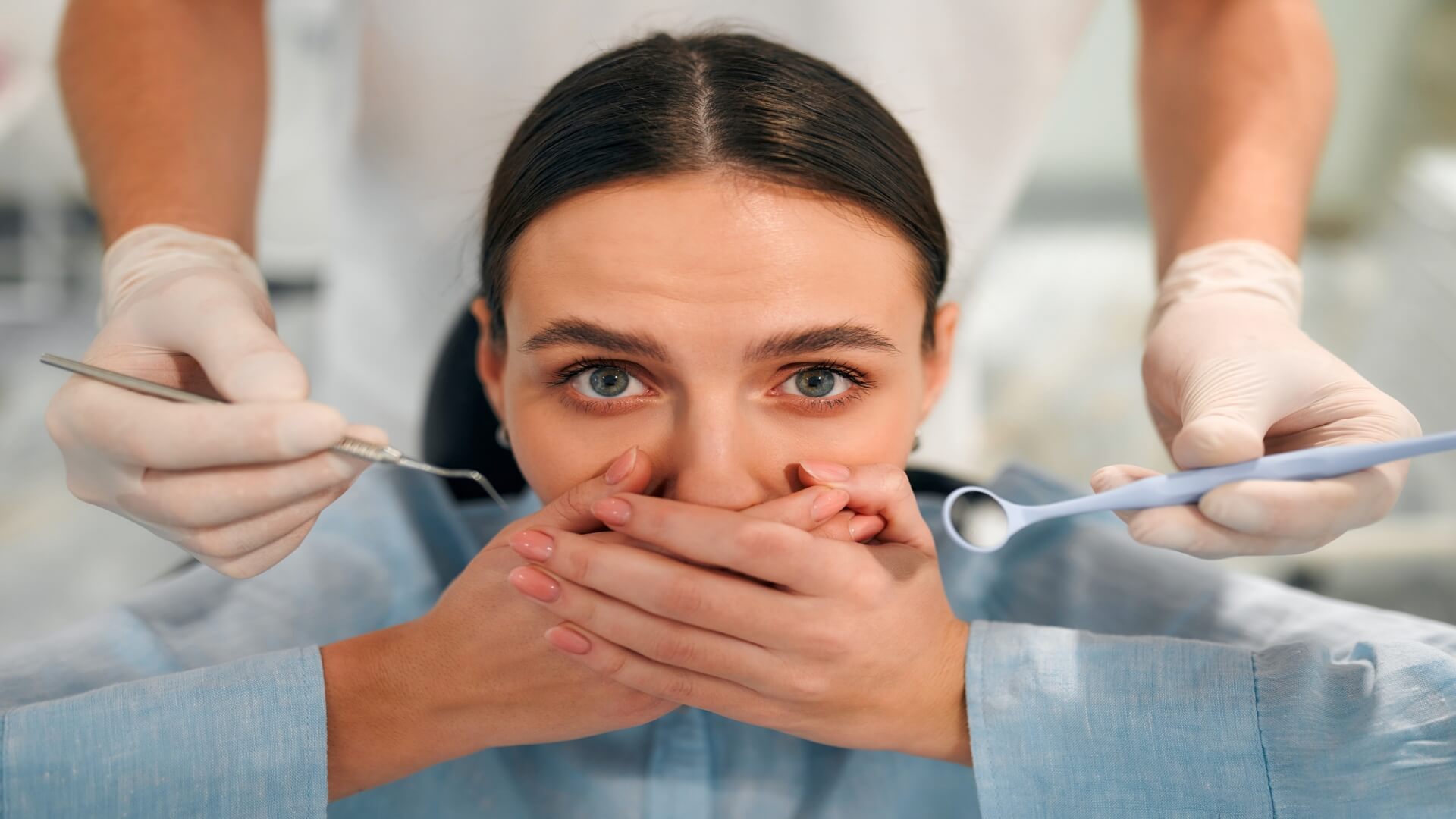Toothaches, chipped teeth, and throbbing gums—nobody welcomes a dental emergency. But these unwelcome guests have a knack for showing up at the most inconvenient times.
Whether you’re biting into a hard candy or tripping over your own shoelaces, knowing what to do when dental disaster strikes can mean the difference between a painful weekend and a quick fix. So, take a deep breath and let’s navigate this dental drama together.
Step 1: Assess The Situation
Is your tooth throbbing like a jackhammer on high? Or maybe you’ve got a chipped front tooth that’s making you feel like a less-than-charming chipmunk? Identifying the type of emergency is crucial. Here’s a quick rundown of some common culprits:
- Severe Toothache
This could be a sign of infection, abscess, or nerve damage. Don’t tough it out—call my local Murfreesboro dentist or anyone nearby right away!
Severe toothaches are frequently linked to bacterial infections within the tooth’s pulp. Delaying treatment allows the infection to worsen, potentially spreading to surrounding tissues and causing swelling, fever, and even life-threatening complications.
- Knocked-Out Tooth
Act fast! Time is gold. Gently rinse the tooth (but don’t scrub!), hold it by the crown (not the root!), and place it in a container of milk or your own saliva. Then, head to the dentist within an hour for the best chance of reattachment.
- Broken Or Chipped Tooth
While an unexpected break can be unnerving, prompt action and a level head can make a world of difference in both mitigating discomfort and preserving your tooth’s health.
Take a deep breath and examine the break. Is it a small chip on the edge, or a significant fracture extending deeper into the tooth? Is there any sharp pain or sensitivity? Knowing the severity will guide your next steps.
- Lost Filling Or Crown
While not as urgent as a knocked-out tooth, a missing filling or crown can expose sensitive tooth layers. Try to cover the exposed area with sugar-free gum or dental cement to protect it until you can see your dentist.
- Severe Bleeding
If the bleeding is heavy or doesn’t stop within ten minutes of applying gentle pressure with gauze or a clean cloth, do not hesitate to seek help. When in doubt, err on the side of caution. Severe bleeding is a medical emergency, and seeking immediate professional help is crucial to prevent complications and ensure your well-being.
Remember, panic is a poor companion in any crisis—dental or otherwise. So, take a deep breath, assess the situation with clear eyes, and trust your instincts. By prioritizing severity and considering pre-existing conditions, you’ll be well-prepared to navigate the next steps.
Step 2: Take Immediate Action
Once you’ve identified the emergency, it’s time to take some quick steps to minimize pain and damage:
- Pain Relief
Over-the-counter (OTC) pain relievers like ibuprofen or acetaminophen can help manage discomfort. However, avoid aspirin, which can worsen bleeding.
In other cases, you may consider alternating NSAIDs with acetaminophen every few hours for enhanced pain relief. However, consult a healthcare professional before attempting this strategy to ensure safe and effective management.
- Warm Saltwater Rinse
This simple remedy can help alleviate discomfort and cleanse the area. Mix a teaspoon of salt in a glass of lukewarm water and swish gently for several minutes. Repeat as needed.
- Apply A Cold Compress
Holding a cold compress on your cheek near the affected area may help numb the pain and reduce swelling. Wrap a towel around the ice pack to avoid direct contact with the skin.
These measures are temporary and intended to manage discomfort until you can see your dentist or reach an emergency facility.
Do not engage in self-diagnosis or attempt any at-home remedies that could further compromise your oral health. Prompt professional attention is crucial for effective treatment and minimizing potential complications.
Step 3: Seek Professional Help
Delaying proper care can exacerbate the situation, leading to potentially prolonged pain, increased risk of infection, and even permanent damage. Therefore, seeking prompt professional assistance is paramount to ensuring optimal recovery and minimizing potential complications.
In most cases, contacting your regular dentist is the first course of action. They are familiar with your dental history and can provide immediate assessment and treatment options.
If an emergency occurs outside of your dentist’s operating hours or if the severity of the situation warrants immediate attention, do not hesitate to visit the nearest emergency room equipped to handle dental emergencies.
The Takeaway
Prevention is always the best medicine. Regular dental checkups and good oral hygiene habits can go a long way in keeping those dental dramas at bay. So, floss daily, brush twice a day, and schedule those bi-annual cleanings with your dentist. Your smile will thank you for it!









